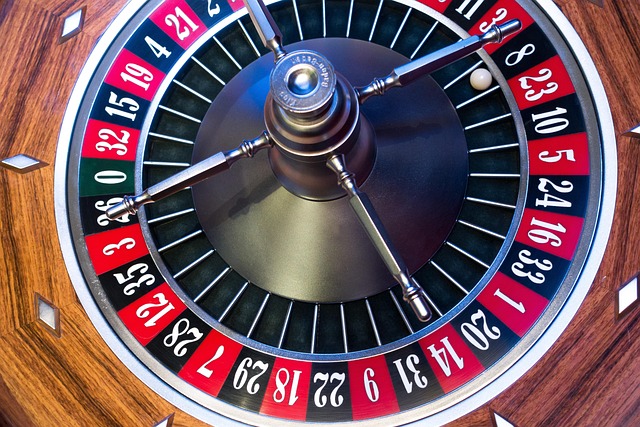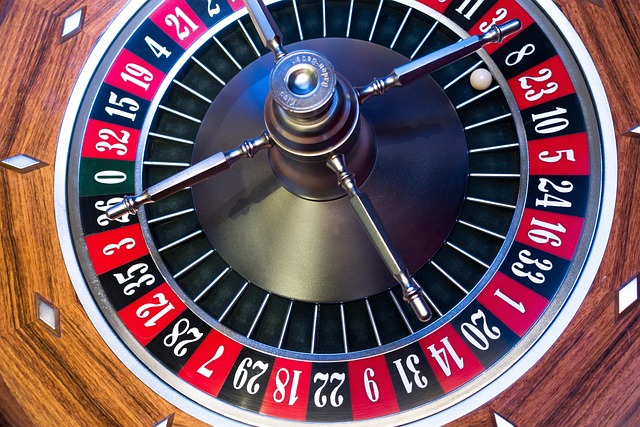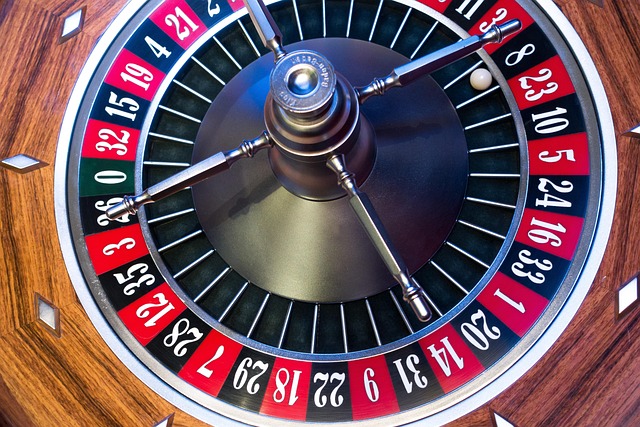Roulette training is more than just picking numbers on a wheel; it is a disciplined approach to mastering a game that thrives on chance. Whether you are stepping into a casino for the first time or refining a seasoned strategy, the foundation lies in understanding the mechanics, managing expectations, and applying structured practice. By approaching roulette with the mindset of a student rather than a gambler, you can sharpen your decision‑making skills, reduce emotional swings, and, most importantly, preserve your bankroll for long‑term enjoyment.
Understanding the Basics of the Roulette Wheel
At its core, roulette is a single‑sided probability game. The European wheel has 37 pockets (0–36), while the American wheel adds a double zero (00), bringing the total to 38. Each spin is independent, meaning past outcomes do not influence future ones. This fundamental principle is often misunderstood, leading to the so‑called “gambler’s fallacy.” Roulette training starts by internalizing this fact: every spin offers the same odds, whether you place a bet on a single number or a broad color.
The Role of Bankroll Management in Training
A well‑planned bankroll strategy is the backbone of any roulette training program. Without a clear limit, even the most disciplined player can succumb to chasing losses. A common guideline is to set aside a bankroll equal to at least 50–100 times your base bet. This cushion allows you to ride natural streaks without jeopardizing your overall fund. In training sessions, practice with a smaller unit to observe how variance impacts results, then scale up only when comfortable.
Common Betting Systems and Their Training Implications
While roulette is a game of luck, many players adopt betting systems to structure their wagers. Each system offers a unique training angle: learning risk thresholds, adapting to streaks, and handling the psychological stress of rapid wins or losses. Below are three popular methods and what you should practice with each.
- Martingale – Double your bet after every loss to recover losses with a single win. Practice keeping track of cumulative loss limits to avoid catastrophic draws.
- D’Alembert – Increase or decrease the bet by one unit after a loss or win. Use this system to develop patience and steady bankroll pacing.
- Labouchère – Break down a target profit into a series of numbers, adjusting bets based on results. Train by focusing on meticulous record‑keeping and psychological composure during complex sequences.
Simulating Spins for Consistent Practice
High‑quality roulette simulations are invaluable for honing your skills without risking real money. These programs replicate the wheel’s physics, enabling you to test strategies against thousands of spins in seconds. During training, log outcomes, compare theoretical probabilities to empirical results, and identify patterns that emerge purely by chance. Such practice builds statistical intuition and reinforces the principle that no single strategy guarantees success.
Managing Emotions: The Psychological Edge
Roulette training extends beyond mathematics into the realm of emotional intelligence. Players often feel pressured to correct a losing streak or ride a hot streak. Effective training requires setting emotional checkpoints: pause after a certain number of spins, review the bankroll, and decide whether to continue. Techniques such as mindful breathing, brief walkouts, or scheduled breaks help maintain focus and prevent impulsive decisions that can erode your bankroll.
Adapting Strategies to Different Casino Environments
Whether you’re playing at a physical casino or a reputable online platform, the fundamental dynamics remain unchanged. However, subtle differences exist: table limits, the presence of a croupier, and the feel of a real wheel can influence player psychology. Training sessions should incorporate both environments: simulate online spins to practice speed and quick decision‑making, and, if possible, visit a casino to experience the tactile nuances of a physical table. This dual exposure prepares you for a variety of scenarios.
Risk‑Reward Balance: Evaluating Betting Options
In roulette, payouts are directly tied to the probability of an event. A single‑number bet pays 35:1 but has a 2.7% chance on a European wheel. Conversely, betting on red or black pays 1:1 with a 48.6% probability. Roulette training teaches you to align your betting size with your risk tolerance. Use smaller bets for high‑probability outcomes to preserve capital, and reserve larger stakes for low‑probability, high‑return bets only when your bankroll can absorb potential losses.
Building a Routine for Long‑Term Skill Development
Consistent practice is essential for mastering roulette. Allocate a dedicated time slot each week for focused training: start with a brief review of theory, move to simulated spins, then play a short session with a limited bankroll. Keep a training log documenting bankroll movements, emotional states, and strategy adjustments. Over time, this log becomes a powerful tool for identifying patterns, assessing progress, and refining your approach.
Celebrating Small Victories and Learning from Losses
Roulette training is an iterative process. When a strategy yields a winning streak, analyze the factors that contributed to success: was it sheer luck, a disciplined betting pattern, or a well‑timed pause? Conversely, after a loss, revisit the decision points: did you overbet, ignore the bankroll limit, or let emotions dictate play? Treat every outcome as a learning opportunity, reinforcing the resilience that separates disciplined players from those who chase improbable outcomes.
Conclusion: Mastering Roulette Through Structured Training
Roulette training isn’t a shortcut to guaranteed profit; it’s a framework that empowers you to play responsibly, manage risk, and enjoy the game’s inherent thrill. By grounding your approach in solid mathematical understanding, disciplined bankroll management, and psychological preparedness, you create a sustainable playing environment. Whether you aim to hit a landmark win or simply savor the elegance of a spinning wheel, the principles outlined here will guide you toward a more informed, confident, and ultimately more enjoyable roulette experience.



